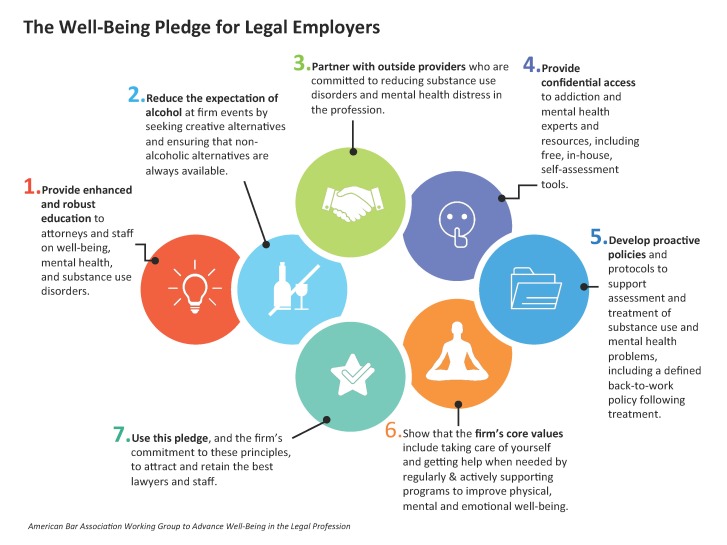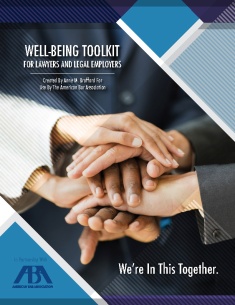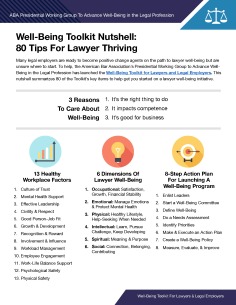Yesterday, the ABA Journal published, “A call to deal with impostor syndrome, a hidden source of attorney distress.” Author Neha Sampat describes the term as, “the feeling you are not cut out for the work you are doing or want to be doing, often in spite of evidence to the contrary, combined with a fear of being discovered as a fraud.” Sampat explains how she is sadly reminded of the open letter by Joanna Litt about her husband Gabe MacConaill’s suicide. In her letter, Litt wrote how MacConaill, a partner at Sidley Austin, “felt like a phony who had everyone fooled about his abilities as a lawyer and thought after this case was over, he was going to be fired—despite having won honors for his work.” While impostor syndrome is not exclusive to lawyers, certain aspects of the legal profession, and characteristics of the types of people who typically pursue it, can exacerbate it. Sampat writes, “Many of the lawyers I know and a number with whom I work describe to me a similar misery stemming not from the substance of the work but from the lifestyle, structure and culture of the profession and the unreasonable standards they nurture.” While Sampat recognizes that some law firms and legal departments have begun to acknowledge impostor syndrome as a problem, she believes there is a long way to go in prioritizing and taking steps to minimize it. Her article provides a great deal of guidance on how firms and legal departments can begin to take a comprehensive approach to addressing impostor syndrome and the distress it commonly causes.
In July 2018, the ABA Commission on Lawyer Assistance Programs produced the webinar, “The Solo/Small Firm Challenge: Conquering Adversity and the Impostor Syndrome.” A free recording of that webinar is now available on the CoLAP website here. Please note that CLE credit is not available for those who view or listen to the video.




